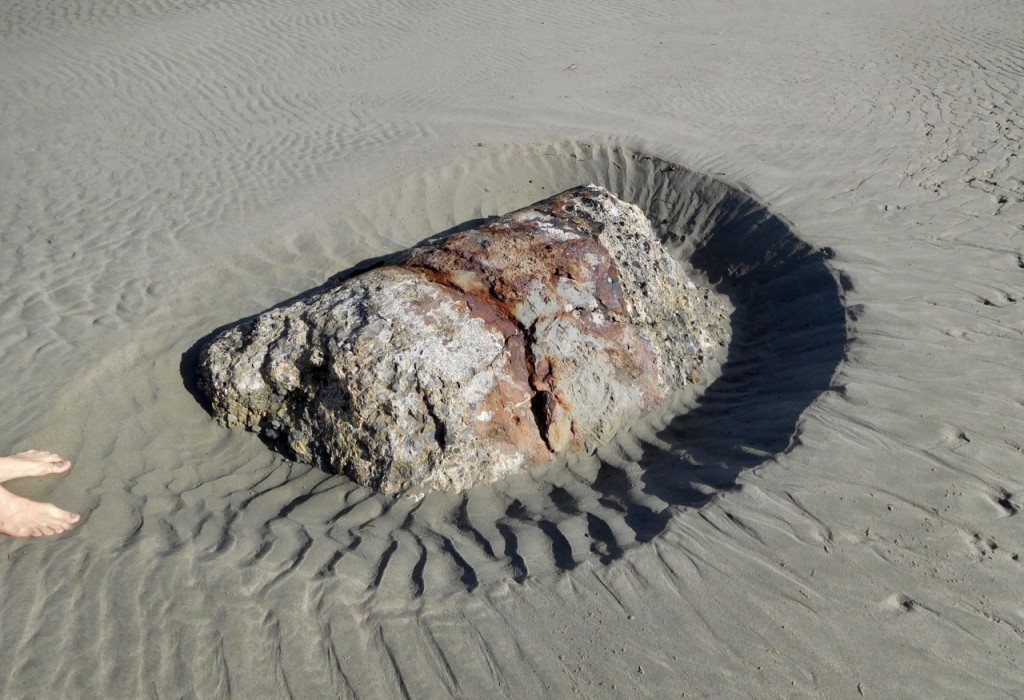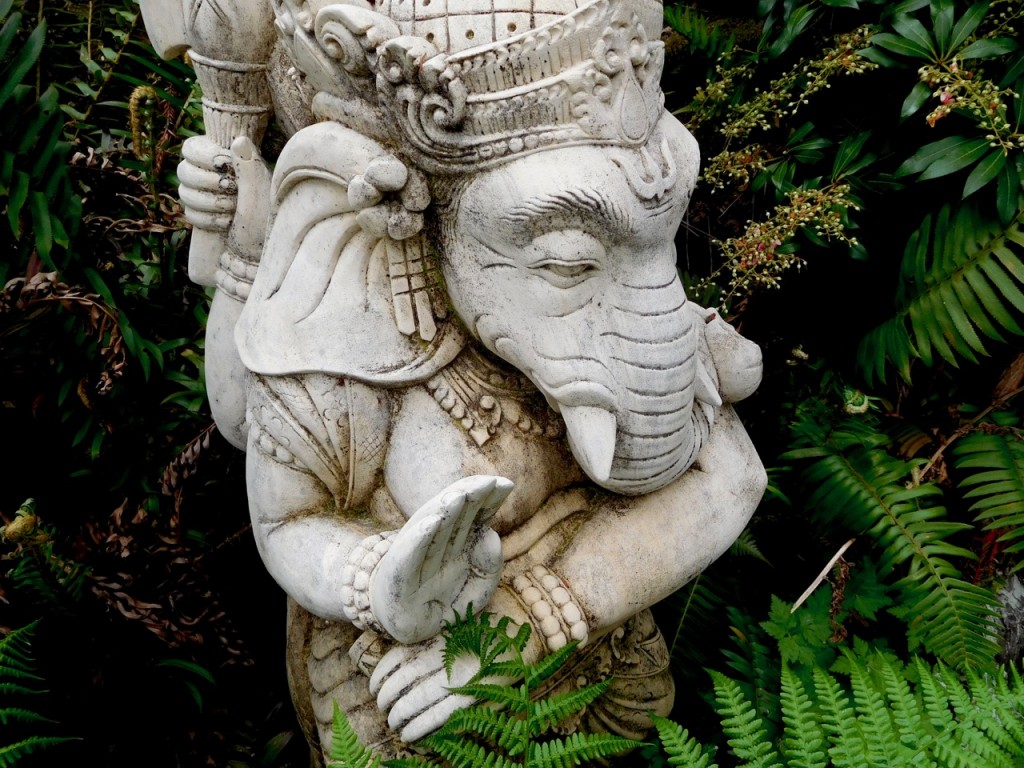Blessed Brew painting by Nolan Winkler
“Get out those coffee beans and grind’em just so, make us both a cuppa real good joe.” from Todd’s song Real Good Joe
I was grinding coffee beans this morning, and as I listened to the beans turning into brewable dust, I realized Oh. I’m drinking coffee again, which made me think about my ever-changing relationship to coffee, starting sixty-two years ago when I was a wee tyke.
My mother and father were both hooked on coffee by the time I was born, and my father drank multiple quarts of coffee every day of his life until he died at eighty-four. My mother ceased to drink coffee in her sixties after undergoing successful treatment for bladder cancer.
One of the first difficult tasks I learned to perform as a little boy was the making of my mother’s morning coffee. My father drank that coffee, too, but my motive for making the first pot of the day was to soothe my mother’s jangled nerves sufficiently so my siblings and I might get through breakfast and leaving for school without suffering our mother’s wrath—so easily ignited in those crucial minutes before she had her coffee.
So six-year-old Todd would get up before anyone else, and with the help of a little kitchen stepladder, I would place a medium-sized pot on the electric range and use a two-cup measuring cup to fill that pot with water from the tap. Then while the water was coming to a boil, I would carefully fold a large round paper coffee filter in half, then in half again, and insert this now-triangular filter into the top of a Chemex coffee maker—a large hour-glass-shaped thing made of glass. I would then scoop seven scoops of Folgers drip grind into that folded filter, and used a ladle to pour the just-boiled water over the grind again and again until the bottom half of the hour glass was full of coffee.
As I grew older and stronger, I was able to lift a full kettle and pour hot water onto the coffee, but when I was six and seven the kettle was too heavy for me to lift and safely pour.
My mother, awakened by an angrily buzzing alarm clock, would stagger into the kitchen, pour herself a cup of the freshly brewed coffee, and metamorphose into a functionally civil human being. I don’t recall her ever thanking me for making her morning coffee, something I did every morning until I started going to high school, though I never drank any coffee, nor did I develop a taste for coffee until I was in my thirties—and then, oh boy, did I develop a taste.
When I was in Third Grade, a mob of us from Las Lomitas Elementary School went on a tour of the Hills Brothers coffee plant in San Francisco courtesy of their marketing director who was the father of one of my classmates.
Three things stand out in my memory from that long ago field trip: the heavenly smell of roasting coffee, the fantastic Rube Goldberg-like structure of metal tracks on which cans and lids zipped around the cavernous factory, and the white bag full of coffee candy and miniature cans of Hills Brothers coffee for my mother.
When I was twenty-nine and having success with my writing, I hired my friend Prairie to be my part-time secretary. This was before the advent of personal computers, so having a fast typist to type up my pages of longhand and then retype those pages after I bloodied them with my editor’s pen was a dream come true. Prairie was a religious coffee drinker, and now and then I would have a cup with her, which cup would turn me into a fast-talking jitterbugging crazy person until the caffeine wore off and I descended into gloom. So I stopped drinking coffee.
Five years later, I married a dedicated coffee drinker, and after a few months of marriage I was a daily coffee drinker, too. But coffee made me hella jittery and then horribly cranky once the high went away, so I quit. And then I started again. And then I quit. And so on without end. My marriage fell apart, but my relationship with coffee endured.
Fast forward to about four years ago. Having gone sans coffee for a couple years, I started drinking coffee in the morning, black coffee, in lieu of breakfast, and I was soon drinking two and three cups a day. At the same time, I was suffering from severe shoulder pain for which I was popping lots of aspirin and ibuprofen, often on a stomach containing only coffee.
Then one day I woke in the morning feeling as bad as I have ever felt and assumed I had powerful flu. But after two days of growing weaker and weaker, I realized I was on the verge of dying. Marcia called an ambulance, the volunteer fire department folks and paramedics arrived, and I was rushed to the hospital where it was determined I had lost nearly all the blood in my body as a result of punching a hole in my stomach by taking way too much ibuprofen and aspirin on a stomach containing only coffee.
I was transfused with a couple units of fresh blood, spent a night in ICU, and took a year to regain a modicum of my former strength. Since that frightening experience four years ago, I have taken a total of two aspirin and two ibuprofens, and for the two years following my near death I drank no coffee.
Yet here I am today having a cup of coffee diluted with almond milk. For some months now I have been having one such cup a day, and I have no intention of increasing my coffee intake any time soon. The truth is, a little bit of coffee goes a long way for the likes of me. I love the smell of just-made coffee, I enjoy the ritual of making a cup, and I prefer the taste of coffee to tea.
In the afternoon and evenings I drink nettle or chamomile tea, both of which I find soothing and warming.
Some years ago, a friend wrote to say that her morning ritual was to listen to my piano music while she made and drank her first cup of coffee, so for my album of solo piano tunes Incongroovity, I improvised a piece called Morning Coffee with her in mind. Now every time I listen to this tune, I think of her sipping her coffee and listening to my music.






